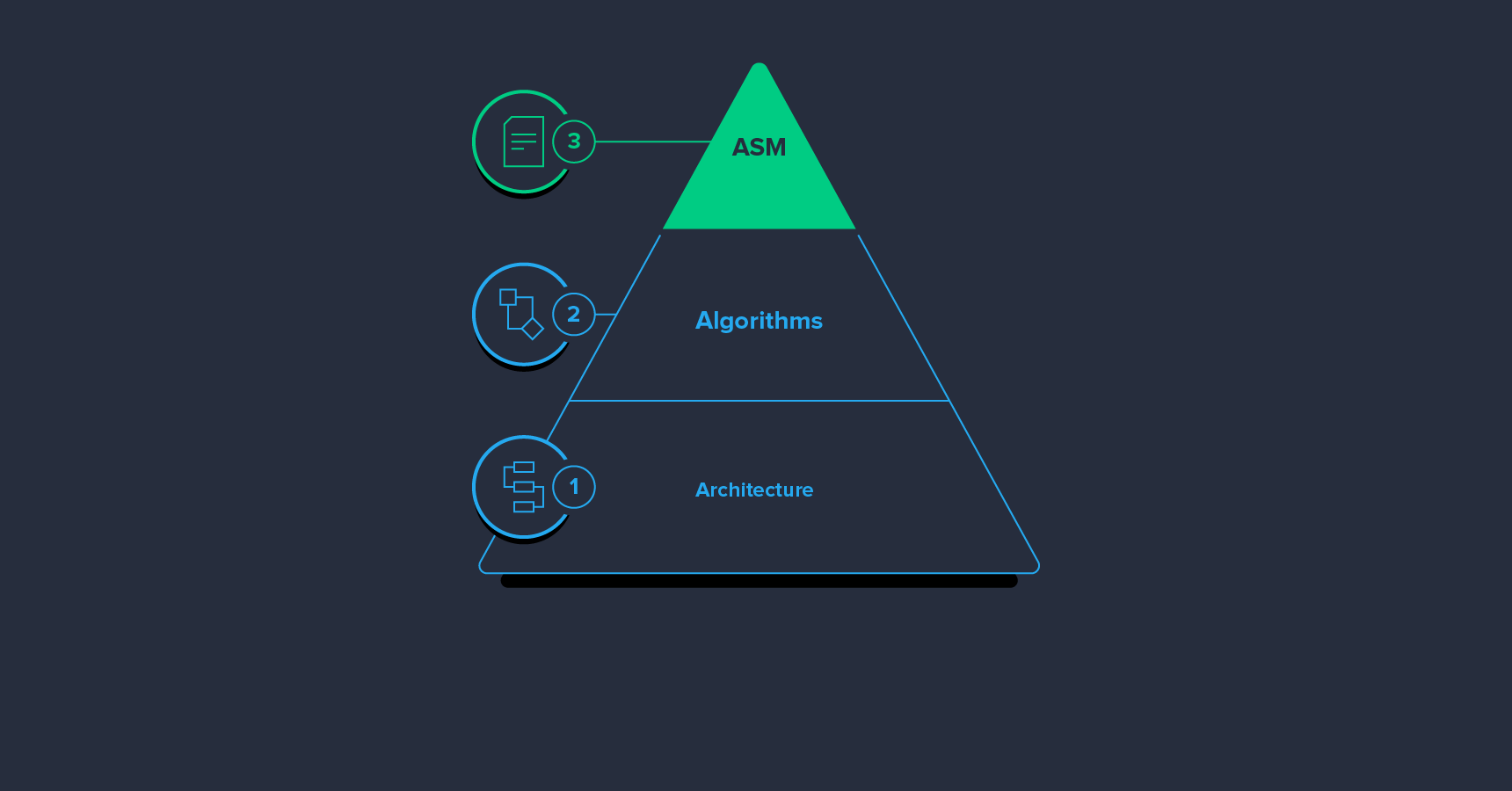Efficient code optimization is essential for creating high-performance applications. This article will explore advanced tips and tricks that can help you optimize your code and ensure your programs run at peak efficiency. Let’s dive in!
1. Optimize Algorithms and Data Structures
The choice of algorithms and data structures plays a significant role in code efficiency. Select the most appropriate algorithm for a specific task, and consider time complexity and space complexity when making your decision. When in doubt, refer to the Big-O Cheat Sheet to compare various algorithms’ performance.
2. Use Compiler Optimizations
Modern compilers offer various optimization flags that can significantly improve your code’s performance. Explore these options and choose the ones that best suit your specific use case. Keep in mind that aggressive optimization might lead to longer compilation times and larger executables.
3. Profile Your Code
To identify performance bottlenecks, you need to profile your code. Profiling tools, such as gprof and Visual Studio Performance Profiler, help you analyze your code’s runtime behavior and pinpoint areas that need optimization.
4. Optimize Memory Access
Optimizing memory access is crucial for high-performance code. Ensure that your code takes advantage of cache locality by organizing data structures and access patterns efficiently. Techniques such as loop tiling and blocking can help improve cache utilization and reduce memory latency.
5. Parallelize Your Code
Leverage multi-core processors by parallelizing your code. Use parallel programming models like OpenMP, Pthreads, or CUDA to take advantage of modern hardware and distribute workloads across multiple processing units. Keep in mind that parallelism can introduce synchronization and communication overhead, so use it wisely.
6. Vectorize Computations
Vectorization refers to the process of applying a single operation to multiple data elements simultaneously. Modern CPUs support SIMD (Single Instruction, Multiple Data) instructions that enable efficient vectorized computations. Utilize SIMD intrinsics or compiler auto-vectorization features to enhance your code’s performance.
7. Use Efficient I/O Operations
I/O operations can be a significant bottleneck in your code. Optimize file and network I/O by using asynchronous I/O and buffering techniques. Minimize the number of I/O calls, and consider using memory-mapped I/O when working with large files.
8. Optimize Dynamic Memory Allocation
Dynamic memory allocation can be expensive, especially when performed frequently. Minimize the use of memory allocation functions like malloc and new, and consider using memory pools or custom allocators for more efficient memory management.
9. Minimize Branching
Branching can lead to performance issues due to branch mispredictions. Minimize conditional statements in performance-critical sections of your code, and use techniques like branchless programming, lookup tables, or function pointers to reduce branching overhead.
10. Use Profile-Guided Optimization (PGO)
Profile-Guided Optimization (PGO) involves compiling your code with profiling instrumentation, running it with representative input data, and then recompiling it using the collected profile data to optimize the generated code. PGO can lead to more efficient code by providing the compiler with valuable information about your program’s runtime behavior.
In conclusion, efficient code optimization requires a deep understanding of algorithms, data structures, and modern hardware capabilities. By employing advanced techniques such as compiler optimizations, profiling, parallelization, and vectorization, you can significantly improve your code’s performance. Stay curious, and continue exploring new optimization methods to stay ahead in the ever-evolving world of programming.




